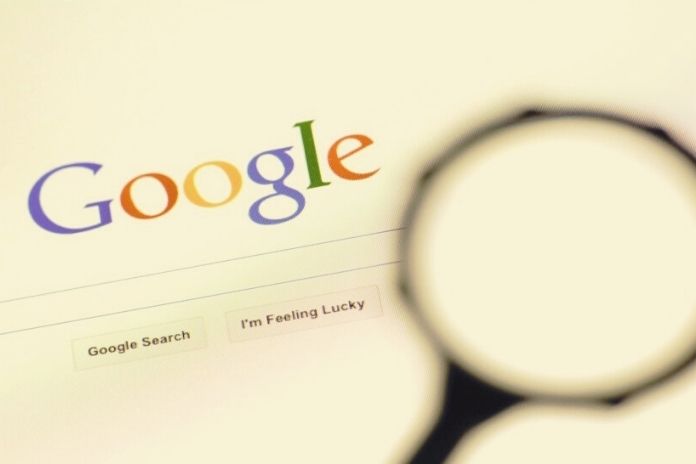Google Search: Google’s algorithms play an increasingly minor role in the search. The hits become more personal and “social.” Even more Google’s search is becoming more and more personal. A few days ago, the search company introduced “social search,” which was initially only activated for users in the USA.
Here, users who also have a Google account and a Google Plus profile can decide which type of search results they will be shown: the results of the global search as they have been displayed so far, or the results of the social investigation, which also contain links to people and pages that come from your own Google Plus profile.
Google Search And Google Plus Merge
In doing so, Google evaluates the content that the contacts on the Google Plus profile have shared with others. The Google search merges seamlessly with Google Plus. Users can already see in their search results which pages are recommended or shared by their contacts when they are logged into their Google account. There are also differences in the order of the search results, which look slightly different.
The reactions in the USA have so far been very mixed. The IT magazine C Net sees this as a logical addition to the previous search results, which were based on the calculations of algorithms. It points out that the PageRank algorithm has been producing worse and worse outcomes for several years because too many of the so-called search engine optimizers are working to push their pages up in the search index. It also plays an increasingly less important role since Google has placed value on being up-to-the-minute to the minute: The PageRank algorithm disadvantages websites with few incoming links. This mainly includes pages with the latest news.
The online magazine Read Write Web welcomed users to switch back and forth between personal and global search and deactivate personal tracking. Harsh criticized that Google users who set up a new Google account automatically receive a Google Plus profile and are only presented with individual search results in the basic setting. In addition, the new social search only considers effects from Google Plus but ignores links shared by Facebook or Twitter users. This means that Google searches are no longer neutral but rather take sides with their own company.
Google Social Search Shows Results From Twitter And Facebook
Therefore, a team of developers for Facebook, Twitter, and Myspace targeted Google’s new social search with a browser add-on. Google’s search results are supplemented with results from Twitter and Facebook, and the IMDB film database.
Google’s new search policy is ultimately a reaction to developments in recent years: More and more people are turning to social networks such as Facebook and Twitter. They primarily display links that people have shared with other people. The experts have long been demanding that Google searches only get better if they become more “social.”
So Google has changed its search in different ways over the past two years: It made search more personal and direct. Google made the search more personal by recording the search history of its users and using this to produce more individual results pages. For logged-in Google users, this is done using the search log, for example, for users who are not logged in via cookies and other individual identifiers such as the IP address, which provides information about the user’s location.
Google uses this in a further step to produce links to search queries and provide answers straight away. Google manager Eric Schmidt said: “We are trying to produce more search results that consist more of algorithm-based than link-based answers.” For example, those who enter the name of a current movie today will receive a list of the films in the theaters in the alleged place of residence is currently running.
Google Wants To Dedicate Itself To Local Search In The Future
Google intends to focus on local search in the next two years: the group only bought the start-up Clever Sense in December. Clever Sense had developed the mobile app “Alfred,” which provides user-specific recommendations for nearby restaurants, cafés, or places of interest. When you start the app, Alfred asks a few questions about your favorite restaurants and other sites you like to be. Alfred then uses this information to search the Internet and make recommendations. The recommendations, which should take place, time and context into account, are based on artificial intelligence and data that has already been collected from the user.
ALSO READ: Smart Intralogistics Thanks To Asset Tracking 4.0

